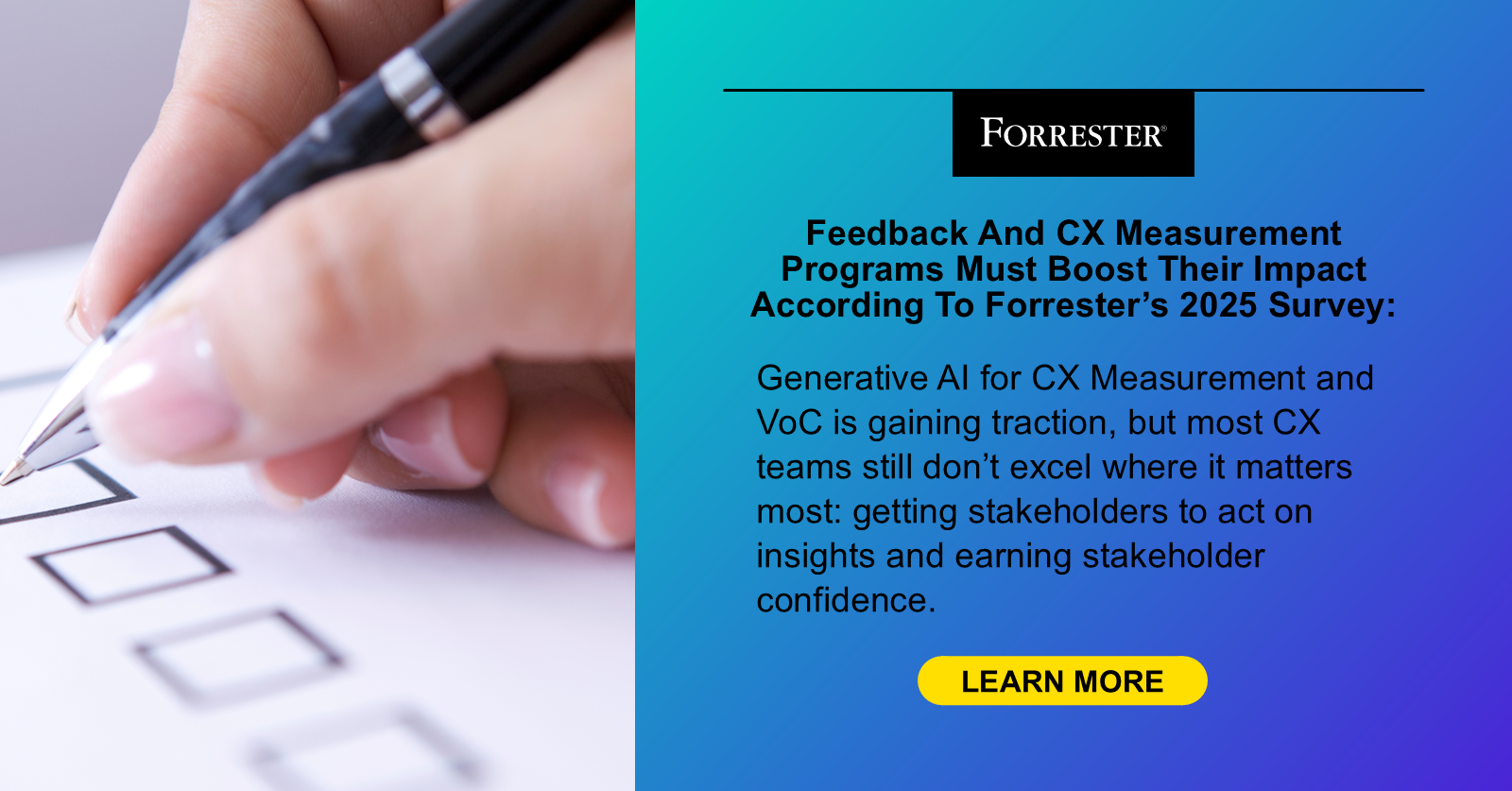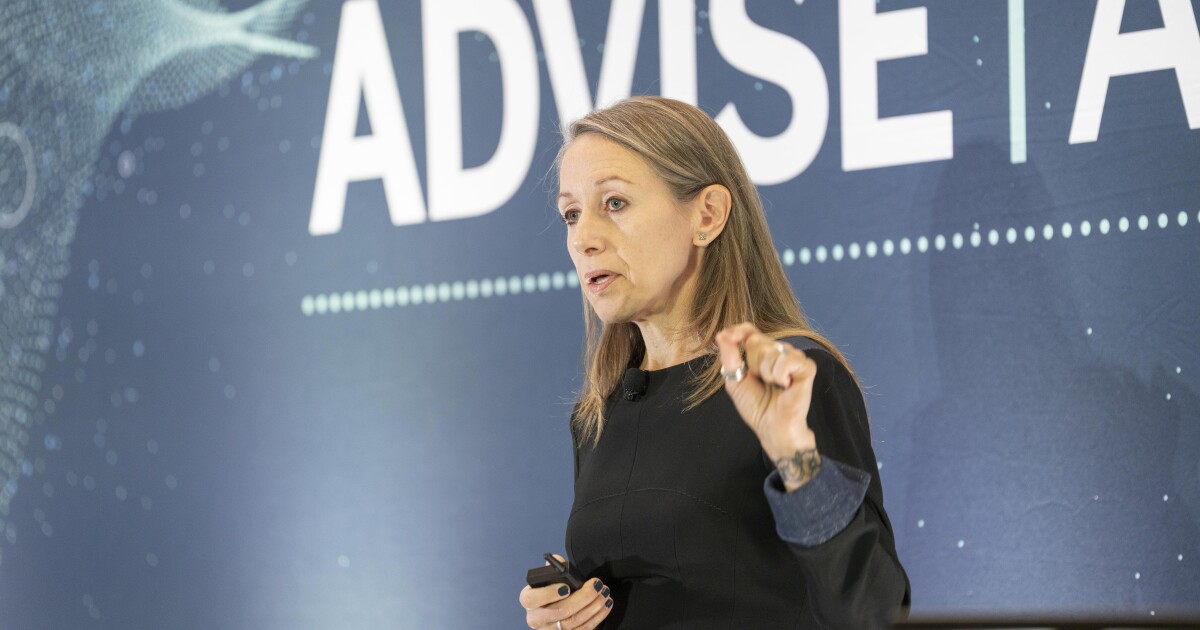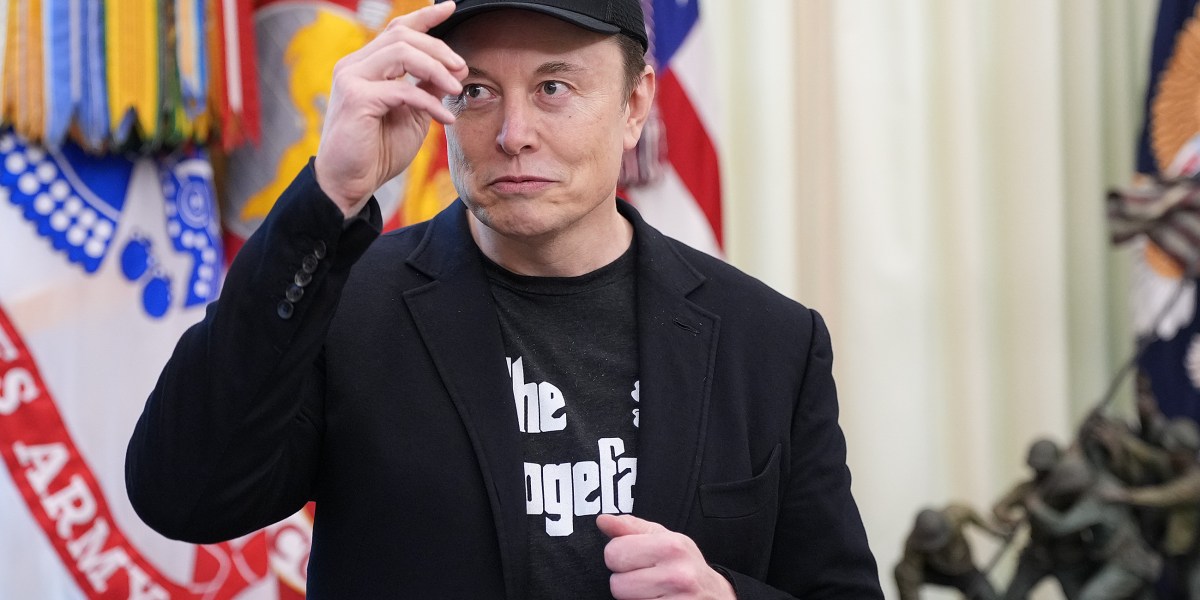eamesBot/Shutterstock
Conducting a job search can feel like marketing. You’re trying to identify and reach an audience so you can sell them your professional services, often to the highest bidder. You want to establish a mutually beneficial and, yes, contractually bound relationship.
Because of this, books about higher education marketing can be viewed through the lens of a job seeker or a professional who wants greater meaning or efficacy in their work.
Jaime Hunt’s “Heart Over Hype” offers a refreshing, optimistic take on both marketing and leadership in higher education that can extend to job seekers, no matter their discipline or functional area. Hunt is a faculty member and consultant who spent 20 years working in higher education communications and marketing. Her call is for marketers, communicators, enrollment teams, and leaders to adapt empathy-driven, audience-centered strategies that build deeper connections and trust.
It’s a rallying cry for professionals who are the “front door of the higher education experience.” But based on the multiple touchpoints to access the “house,” everyone in the academy communicates critical messages and participates in the exchange of value.
For job seekers and developing professionals, the audience they are marketing to is not prospective students or donors. It’s hiring managers and people who can influence your promotions and career advancement. Still, Hunt’s message can resonate all the same, and how a higher education experience based on rigid outcomes and a transactional approach is corroding the entire enterprise.
Audience-Focused
With a title like “Heart Over Hype,” Hunt’s book might seemingly provoke a job seeker to think that they should lead with their passions instead of exaggeration and sales pitches. Sure, inspiration and emotion are part of the strategy, but a key component is taking the audience’s perspective and acting with empathy. Make people feel seen and helped with the right message at the right time. That’s marketing.
Search committees are often in a perilous situation, needing to hire the right person. They don’t want to hear about what you desire from your career so much as what makes them feel good about the person they are selecting to help them achieve their goals.
“If you want your marketing to connect with people, you need to see the world through their eyes,” Hunt wrote. “You must move past ‘What do we want to say?’ and dive into ‘What do they need to hear?'”
Examples of this strategy in action for a job search might be noticing how a program is up for reaccreditation and sharing during your job interview a story about how you can make the process run smoothly based on your experiences. Another is a well-timed email to a colleague who is attending the same conference with you asking them to discuss a current issue like graduate student recruitment and offering to share strategies.
Empathy-Driven
Hunt provides an excellent illustration about her approach to marketing drawing on the adage that people don’t want to buy a quarter-inch drill, they want a quarter-inch hole. Taking this quote from Harvard Business School professor Theodore Levitt two steps further, Hunt says that the hole is part of something they are creating, like a crib for their first grandchild, and not just a piece of furniture. It’s about a feeling: a rush of connection and love when a person realizes that the crib was built, piece by piece, with a mother and her baby in mind.
“Empathy-driven marketing challenges us to think beyond outcomes,” Hunt wrote. “It’s not about what people want to accomplish; it’s about how they want to feel while doing it and after it’s done.”
Mediocre job seekers might focus on the drill: “I have this credential or this skill, and I can do this task.” Good job seekers might focus on the hole: “I achieved this outcome or solved this problem to deliver value for my institution.” Great job seekers focus on emotions: “You see every day just how life-changing this work can be — empowering students, opening doors, and shaping their futures in incredible ways. That’s what excites me most. With your inspiring leadership and my deep ties to industry, hands-on research, and engaging teaching methods, I truly believe we can create something even more impactful and memorable together.”
“(Empathy-driven marketing) is about understanding the emotions your product supports,” Hunt wrote. “It’s about seeing the bigger story and showing people how your offer fits it.”
Leading with Care
After discussing marketing and tactics, Hunt focused the second part of her book on leadership. The section is for people who lead marketing teams in higher education but, really, any type of emerging leader can benefit from her empathy-based advice. And while leadership development isn’t usually considered as part of a job search, it should. How you manage others and influence change in your organization better positions you for career growth and landing a better job.
Empathy-driven marketing is an inside job that shows up in external communication and how people project the institution for others to experience.
“If leadership doesn’t model empathy daily, don’t expect it to show up in your branding messaging or culture,” Hunt wrote.
This is useful to job seekers in how you portray yourself as a leader and by noticing if an institution where you want to work is congruent. If the messaging of the university is not consistent with your interactions with the people, that can be a huge red flag.
Notice especially how an institution is dealing with change. Are leaders setting achievable goals and ensuring teams are adequately staffed? Can staff members explain what’s happening, see the bigger picture, and understand how they fit into it? Do they seem like they are being dragged along for the ride or more like they’re part of the journey?
“When people feel cared for, they’re more productive and more engaged,” Hunt wrote. “Supported employees want to give their best, not because they have to, but because they want to.”
Real People, Not Hype
Empathy is not about being nice. There’s accountability for actions, whether it’s following through on a value proposition in a marketing message to ensure that it is more “heart” than “hype,” or when a leader is communicating feedback with kindness that also helps the employee become more effective.
“Great marketing isn’t just telling your institution’s story — it’s helping real people see themselves as part of it,” Hunt wrote.
That sentiment applies to job seekers. Make sure what you are communicating helps people see you as part of their institution and expect your next employer to see your perspective.
Empathy in higher education starts before a student is enrolled or an employee is hired and continues well beyond the transaction. It must be lived, with emotion, every step of the way.




























